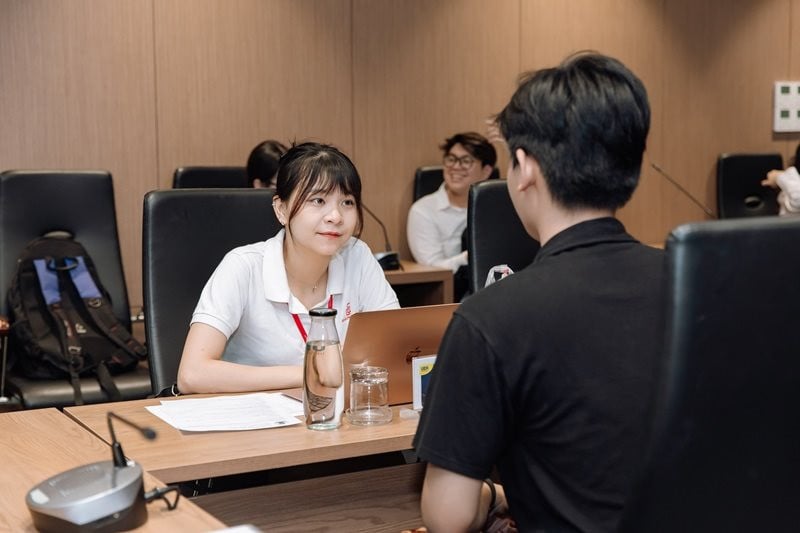
Training and cooperation with businesses
In the 2024 enrollment plan of Hue University, the survey results of students who have jobs within 12 months of graduation show that many majors have very high employment rates, such as: Russian Language, Japanese Language at the University of Foreign Languages; Human Resource Management, Management Information Systems at the University of Economics; Restaurant Management and Catering Services at the School of Tourism... Many schools have an average employment rate of up to 95 - 98.5%, including the University of Economics, University of Medicine and Pharmacy, University of Foreign Languages...
According to the school representative, in order to have a good “output”, training cooperation with businesses is almost mandatory. In the past, the school has focused on this solution. Businesses have directly participated in training, receiving interns and accepting students after graduation. Better connections help the school develop training programs that are suitable for practice. Building strong links with businesses to ensure that students are trained with the necessary skills for the labor market.
Similarly, at Hanoi Capital University, in the context of many students having difficulty finding jobs after graduation, the school has developed a training program in close cooperation with organizations and businesses. In particular, it closely follows the needs of businesses to help students be confident and proficient in behaving in a professional environment, becoming a high-quality human resource with good professional qualifications, serving the economic development of the country.
The school has implemented an applied vocational training model: For pedagogical training majors, during the entire course, instead of students only doing internships for certain periods of time (usually only 4 weeks or 6 weeks/session), now, they will both study at university and do internships at high schools/primary schools/kindergartens. The students' internships take place throughout the semester or even the entire school year. The school calls it "regular pedagogical internship". For non-pedagogical majors. Especially those with high professional training such as: Hotel Management, Tourism and Travel Services Management, Information Technology..., the school organizes training for some modules at businesses such as: Kitchen operations; Room/table/bar operations... and modules in the Information Technology training program such as: System administration, data analysis...
Ms. Truong Thi Ngoc Bich - Director of the Information and Communication Center, Ho Chi Minh City University of Economics and Finance (UEF) said that according to statistics from the UEF Business Cooperation Center, 95% of students have jobs after graduation. In order to effectively implement solutions to ensure employment for students after graduation, the school has increased the amount of practice time and diversified the forms of learning.
In addition to theoretical foundation, students also practice continuously. For example, students majoring in Automotive Engineering Technology and Automotive Practical Technology practice at the garage system; students majoring in Multimedia Communications learn filmmaking, show production, and equipment operation at the studio; students majoring in Finance - Banking practice at a simulated bank... In addition, students also learn by "role-playing" real experts and employees and perform the work of people in the profession to develop professional skills and understand the reality of the job.
Training knowledge, skills and attitudes
According to the representative of the University of Economics and Finance, Ho Chi Minh City: From the first year to the final year at the school, in addition to the academic lecture hall, students continuously attend seminars, workshops, participate in professional competitions, job fairs, and directly go to learn and practice at businesses related to their major. The results achieved are that students are confident, mature in their studies, have solid knowledge, and grasp the direction after graduation. In addition, a highlight of the school in the process of creating internship and work opportunities for students is accessing the international market. Last school year, the school continuously sent students to Japan, Singapore, Thailand, the US, and China with over 200 interns. Many students were retained to work officially after completing the internship process.
Sharing with the media, Dr. Le Van Tuong Lan, Acting Head of Training and Student Affairs Department, Hue University, said that there are many different factors affecting the employment rate of students after graduation. In particular, the quality of students is the decisive factor, reflected through knowledge, skills and attitudes. To best meet the above requirements, we must first talk about output standards. When the output is good, closer to the needs of businesses, the employment rate of students will be high.
Hue University always requires schools and faculties to determine specific output standards for each major in each training field. To somehow meet the needs and requirements of socio-economic development and the labor market, especially occupations requiring highly qualified workers. Units must continuously review, adjust, and update existing training programs, prioritizing socially-demanded training occupations, in the direction of theory combined with practice and application to reality. Organize student output assessments to monitor and evaluate the performance of the training program. Organize assessments from businesses and the community to ensure that training meets the needs of society.
According to the representative of Thu Do University: In addition to professional knowledge, students need to have communication skills, teamwork, time management, and problem solving. Short-term courses or seminars on these skills will help students improve their competitiveness. In addition, to best meet the requirements of employers, the school sets criteria for evaluating the quality of training programs, which is to have the participation of employers right from the stage of building output standards and training programs. Up to now, Hanoi Capital University has had many training courses following this model, graduating from school and more than 90% of students have jobs in their majors.
Source: https://daidoanket.vn/tang-ty-le-sinh-vien-co-viec-lam-10290327.html


![[Photo] Liberation of Truong Sa archipelago - A strategic feat in liberating the South and unifying the country](https://vstatic.vietnam.vn/vietnam/resource/IMAGE/2025/4/25/d5d3f0607a6a4156807161f0f7f92362)

![[Photo] President Luong Cuong meets with Lao National Assembly Chairman Xaysomphone Phomvihane](https://vstatic.vietnam.vn/vietnam/resource/IMAGE/2025/4/25/dd9d8c5c3a1640adbc4022e2652c3401)
![[Photo] President Luong Cuong holds talks with Lao General Secretary and President Thongloun Sisoulith](https://vstatic.vietnam.vn/vietnam/resource/IMAGE/2025/4/24/98d46f3dbee14bb6bd15dbe2ad5a7338)
![[Photo] General Secretary To Lam receives Philippine Ambassador Meynardo Los Banos Montealegre](https://vstatic.vietnam.vn/vietnam/resource/IMAGE/2025/4/24/6b6762efa7ce44f0b61126a695adf05d)
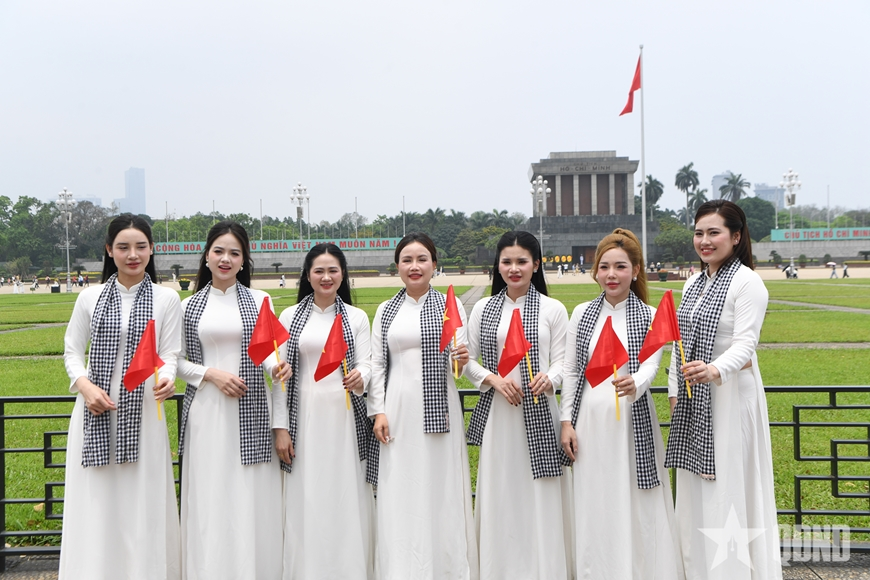
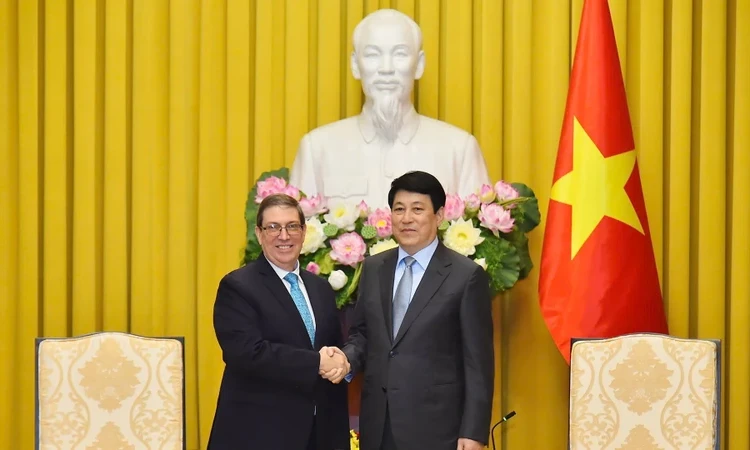


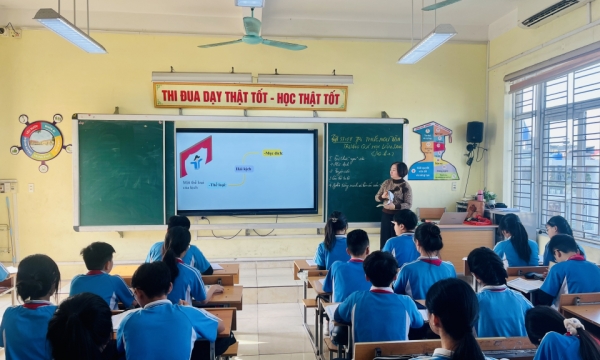
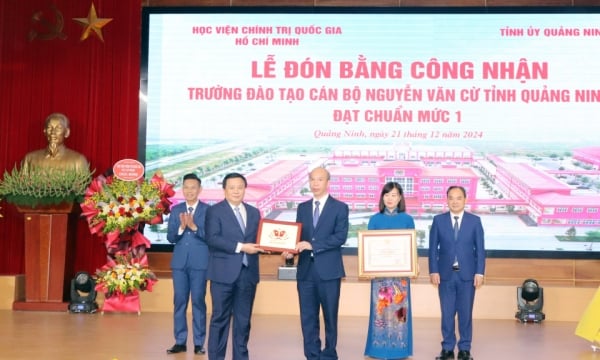
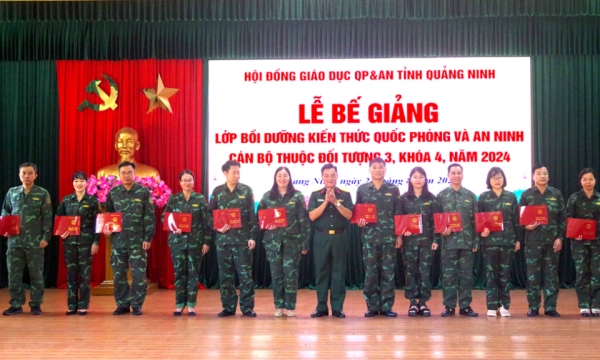
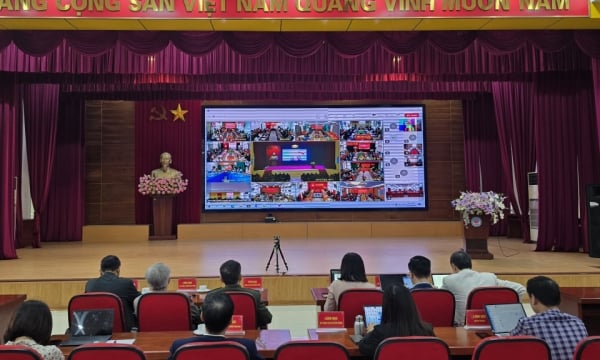
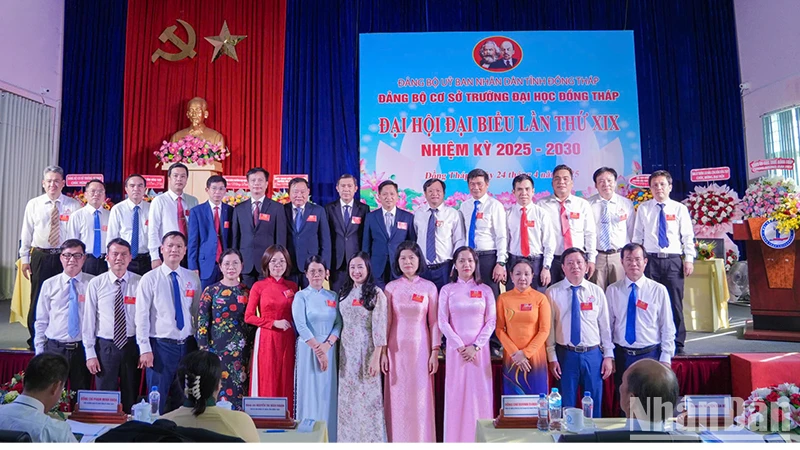

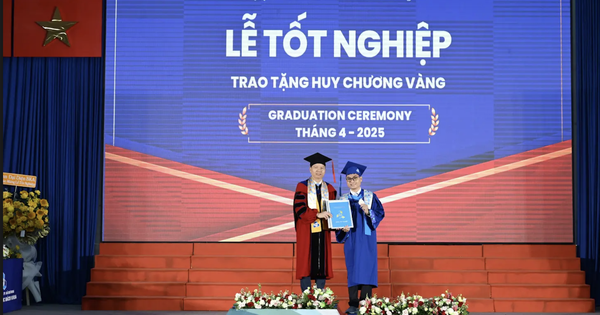
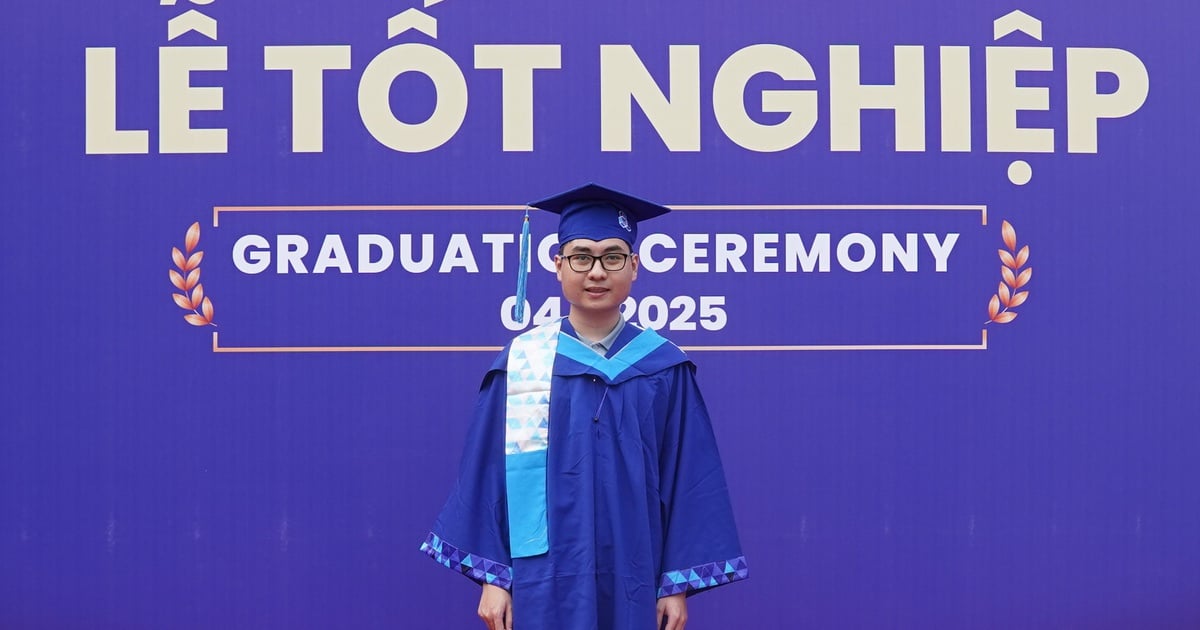








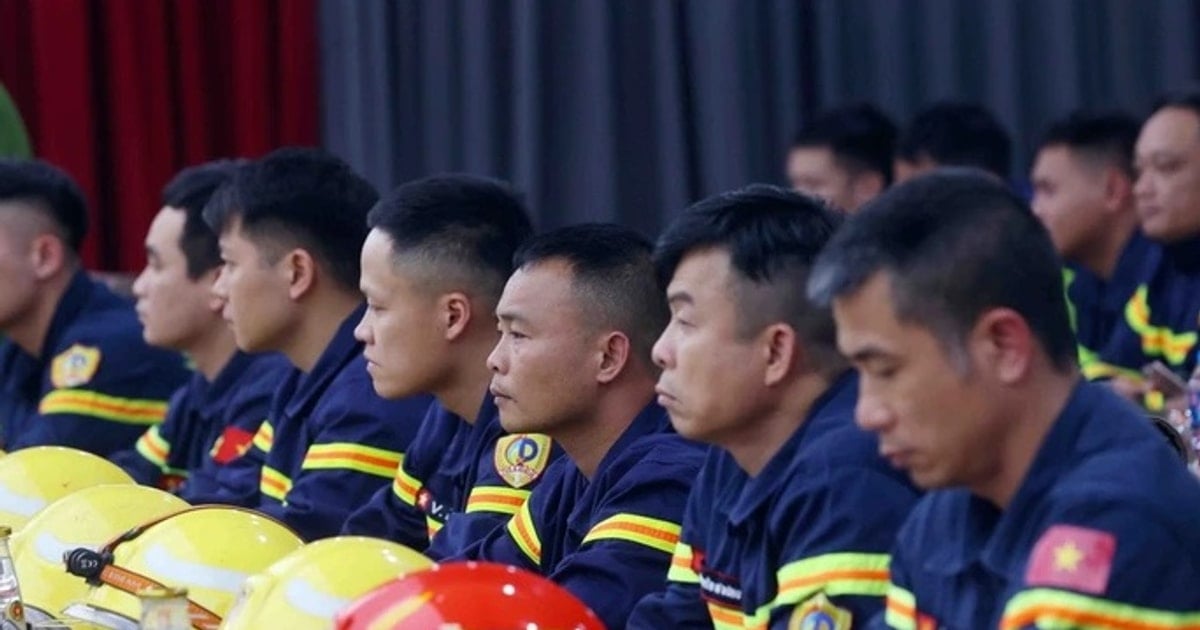
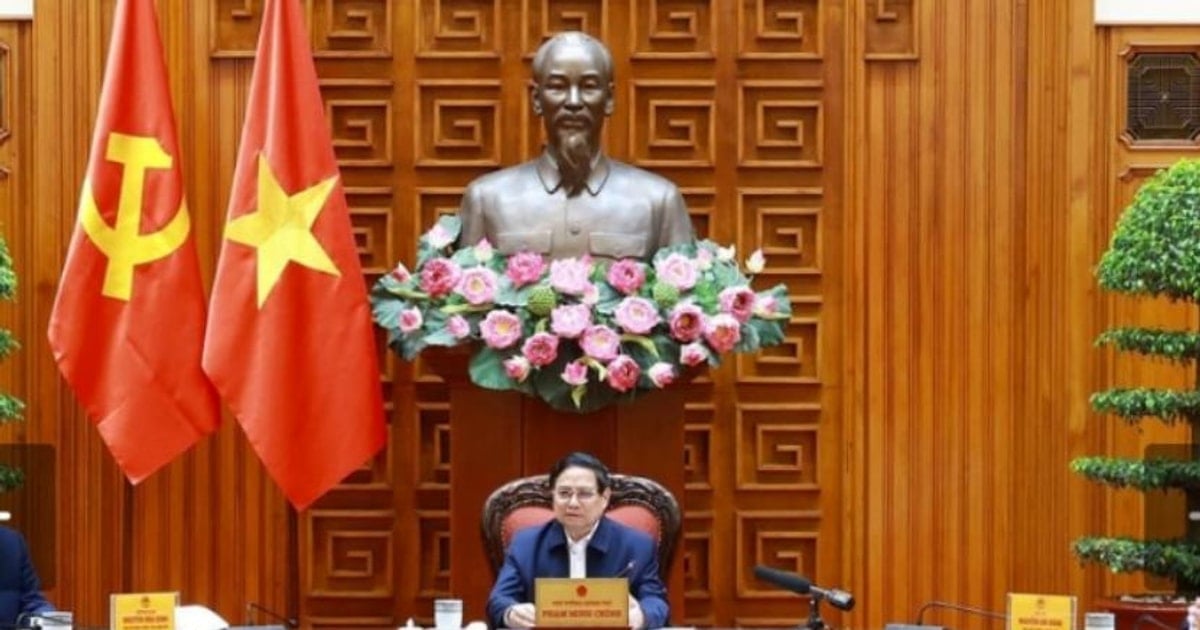
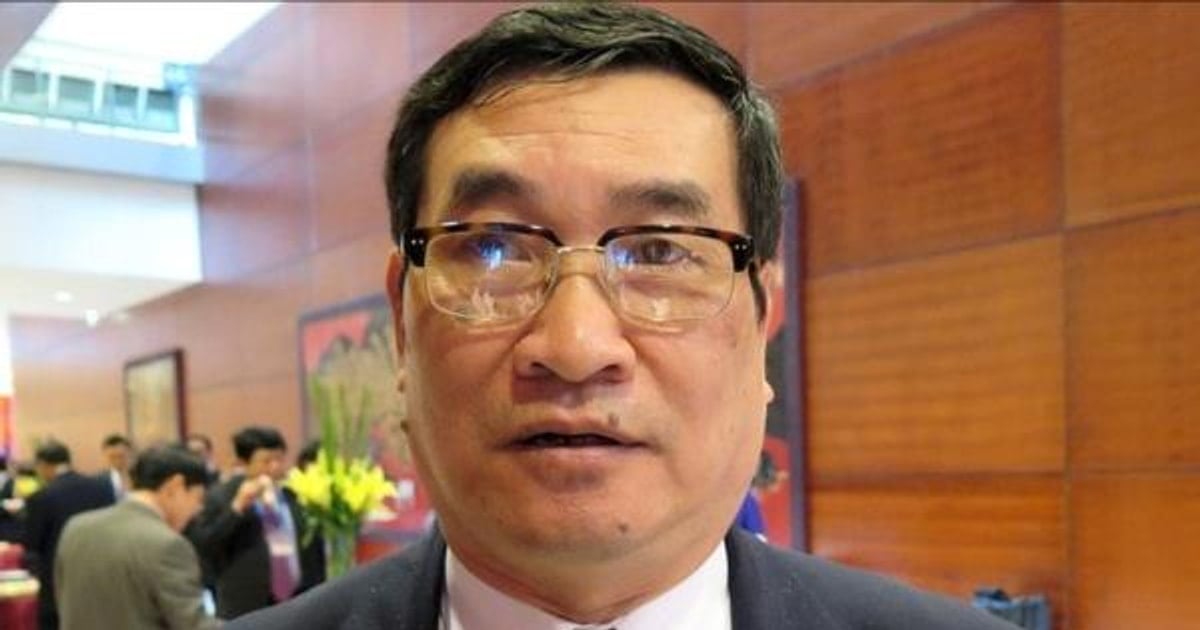
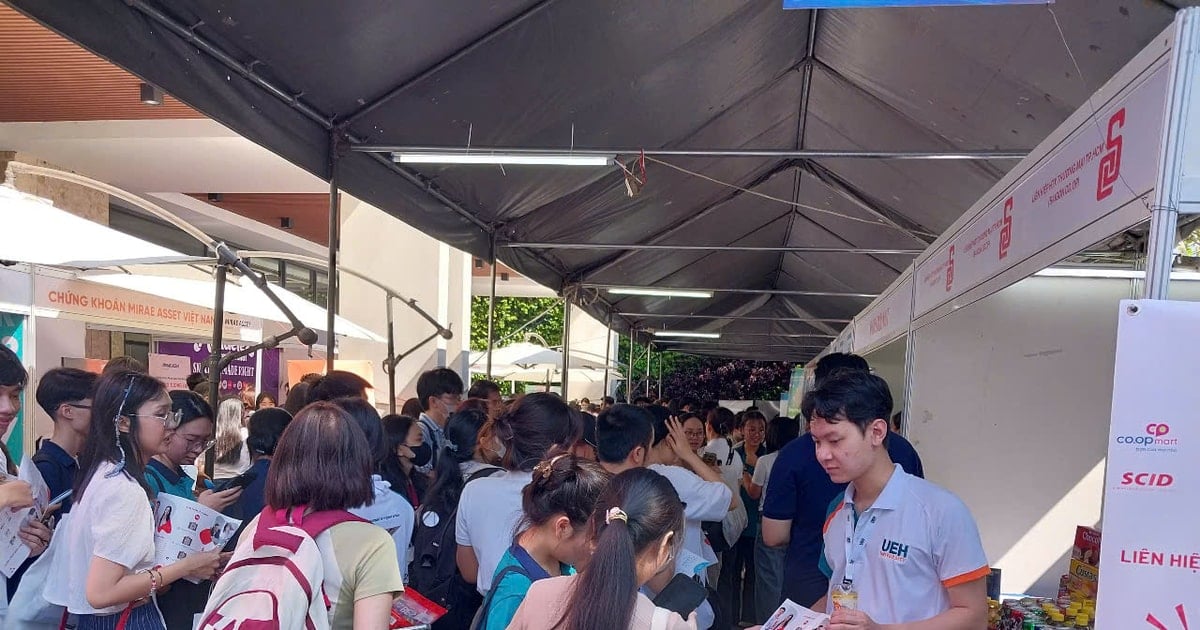








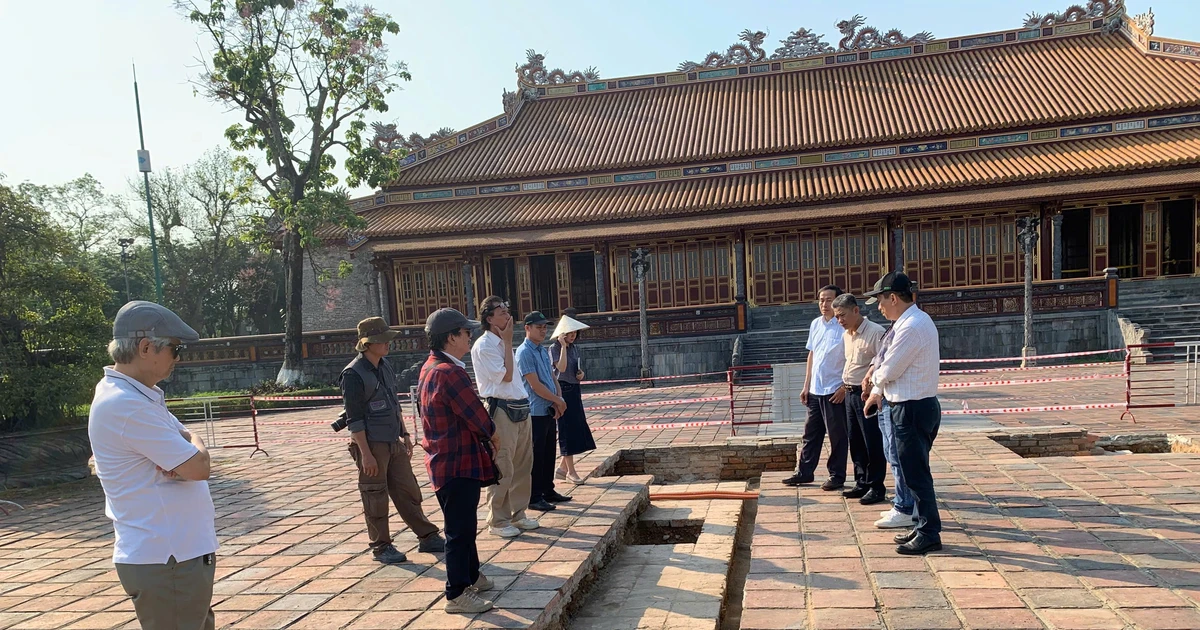



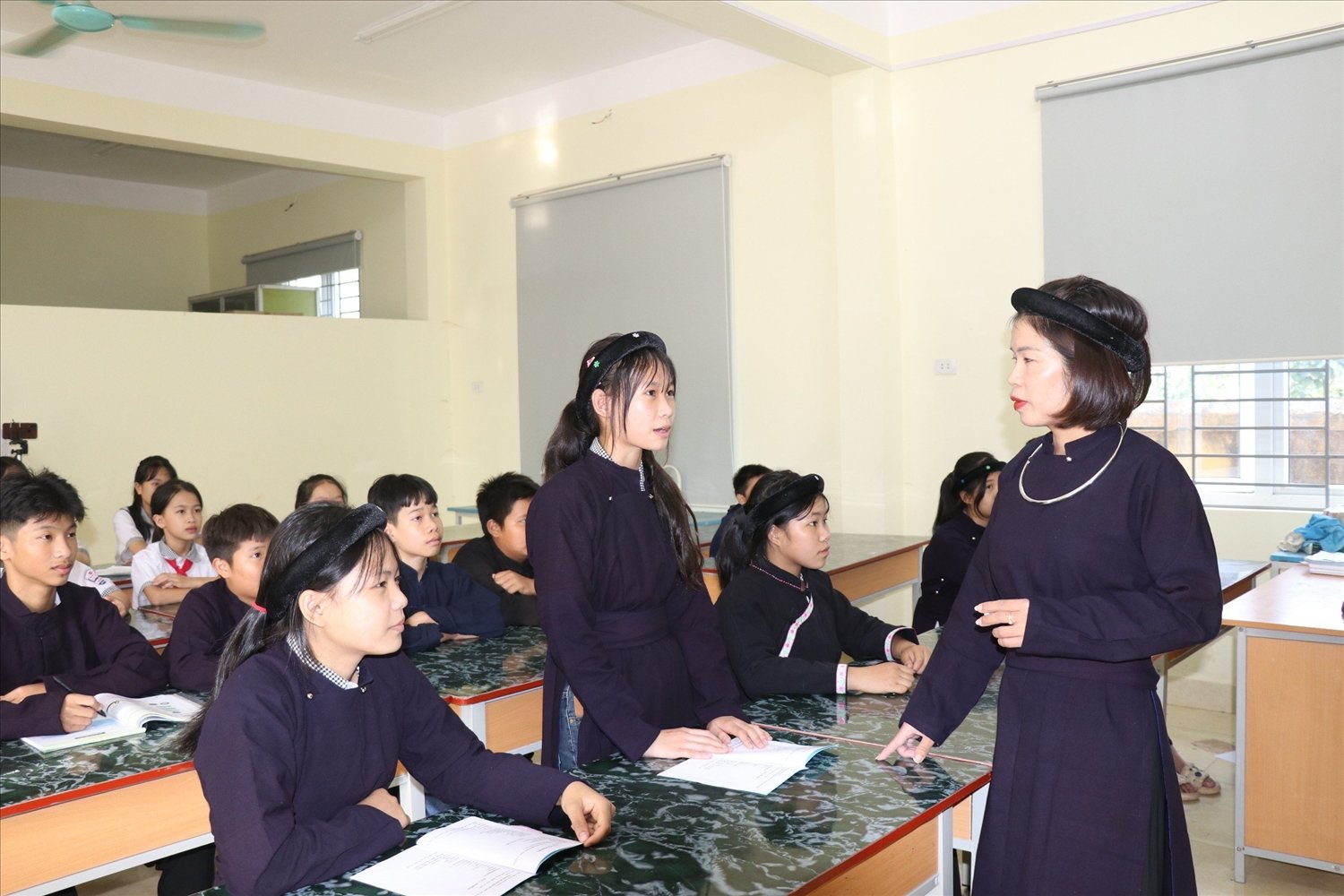
















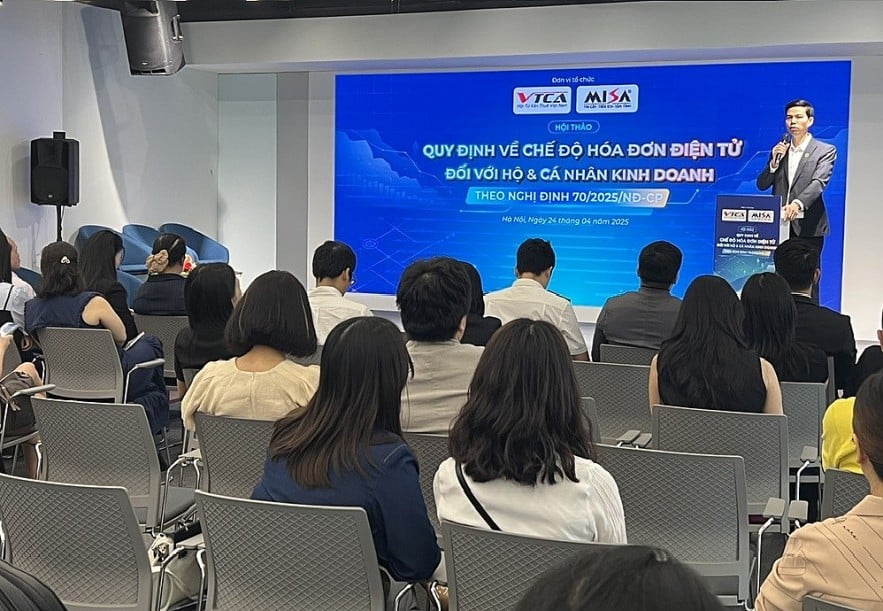






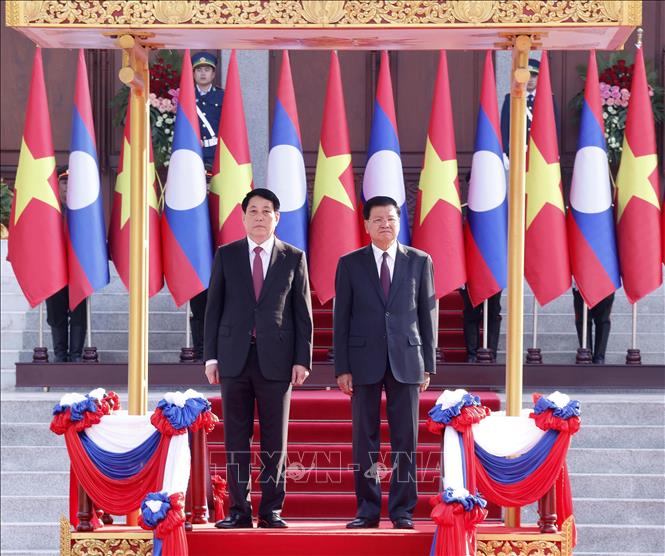

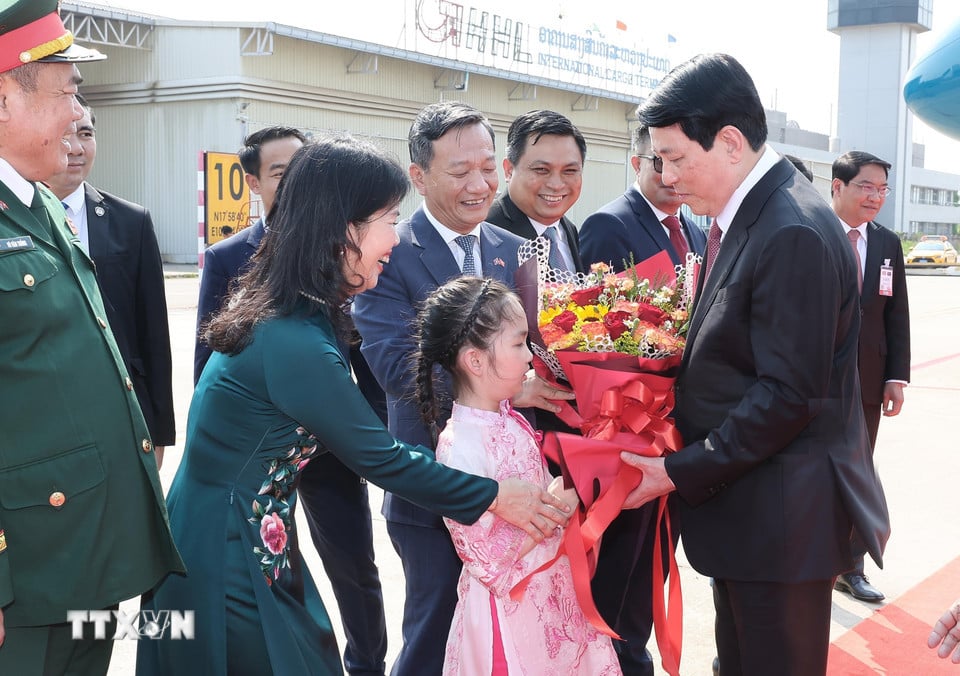
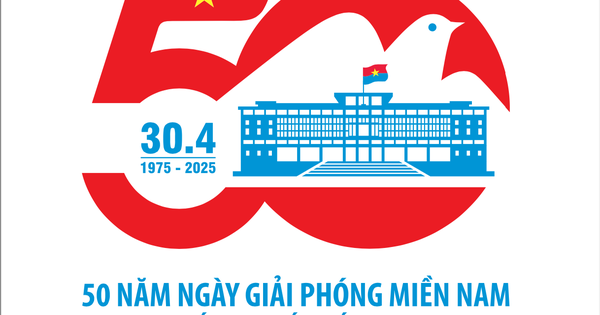

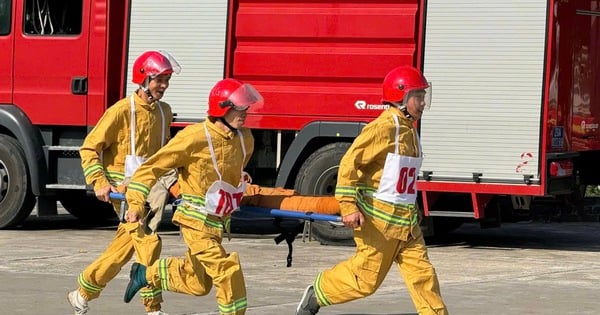

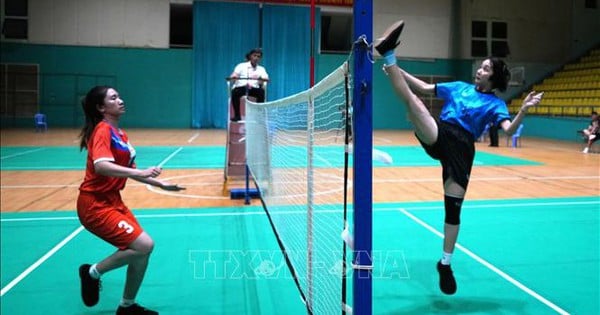

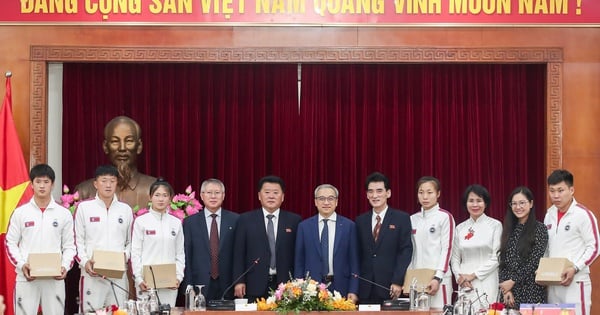


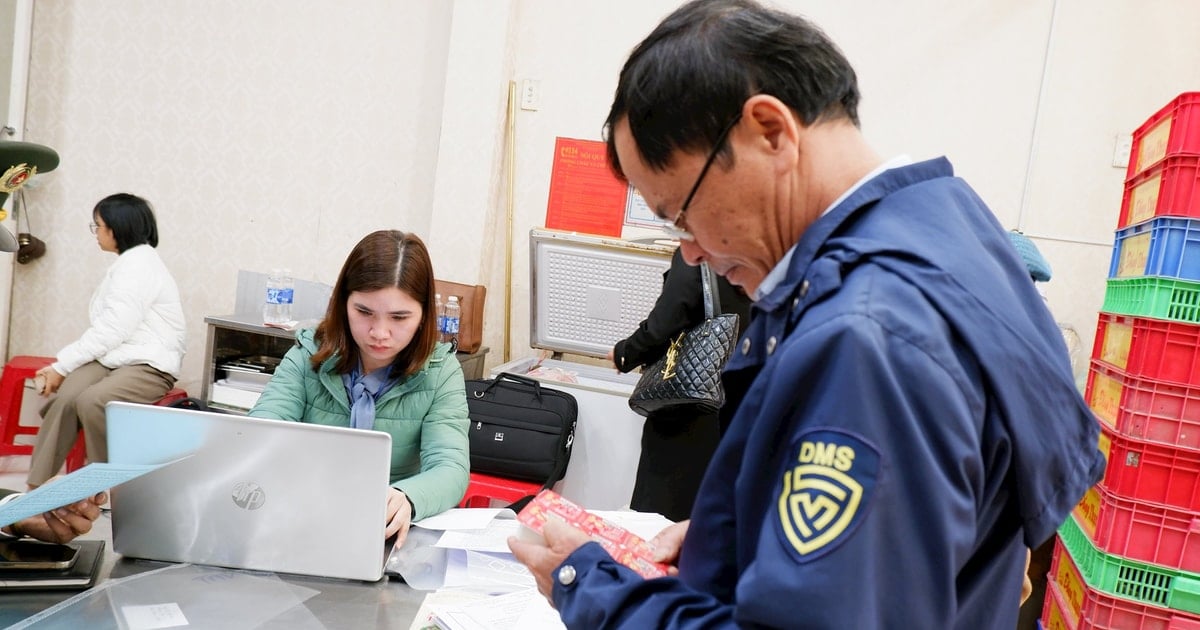





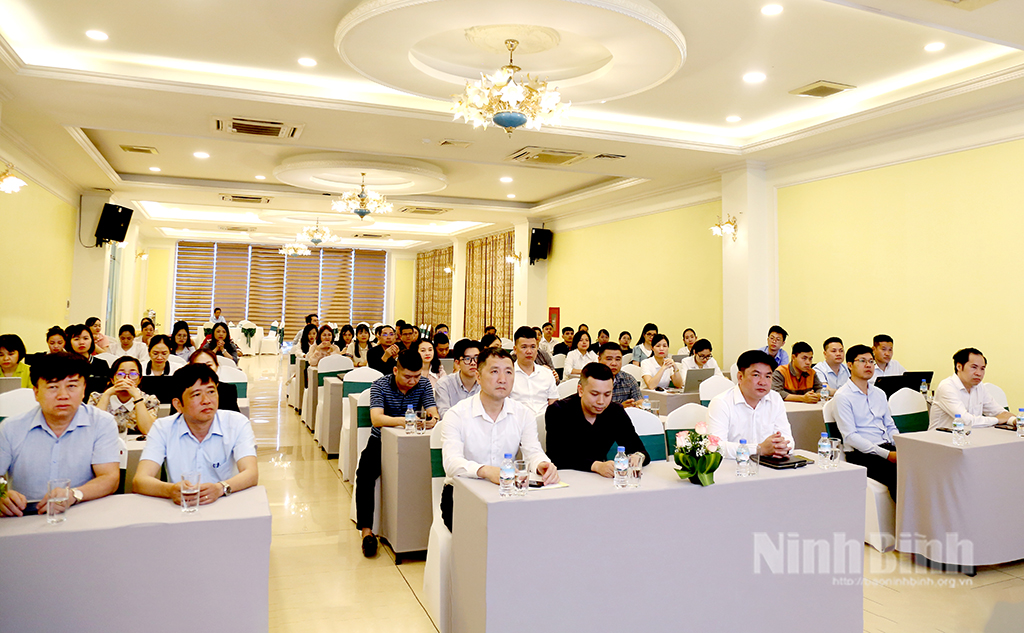









Comment (0)